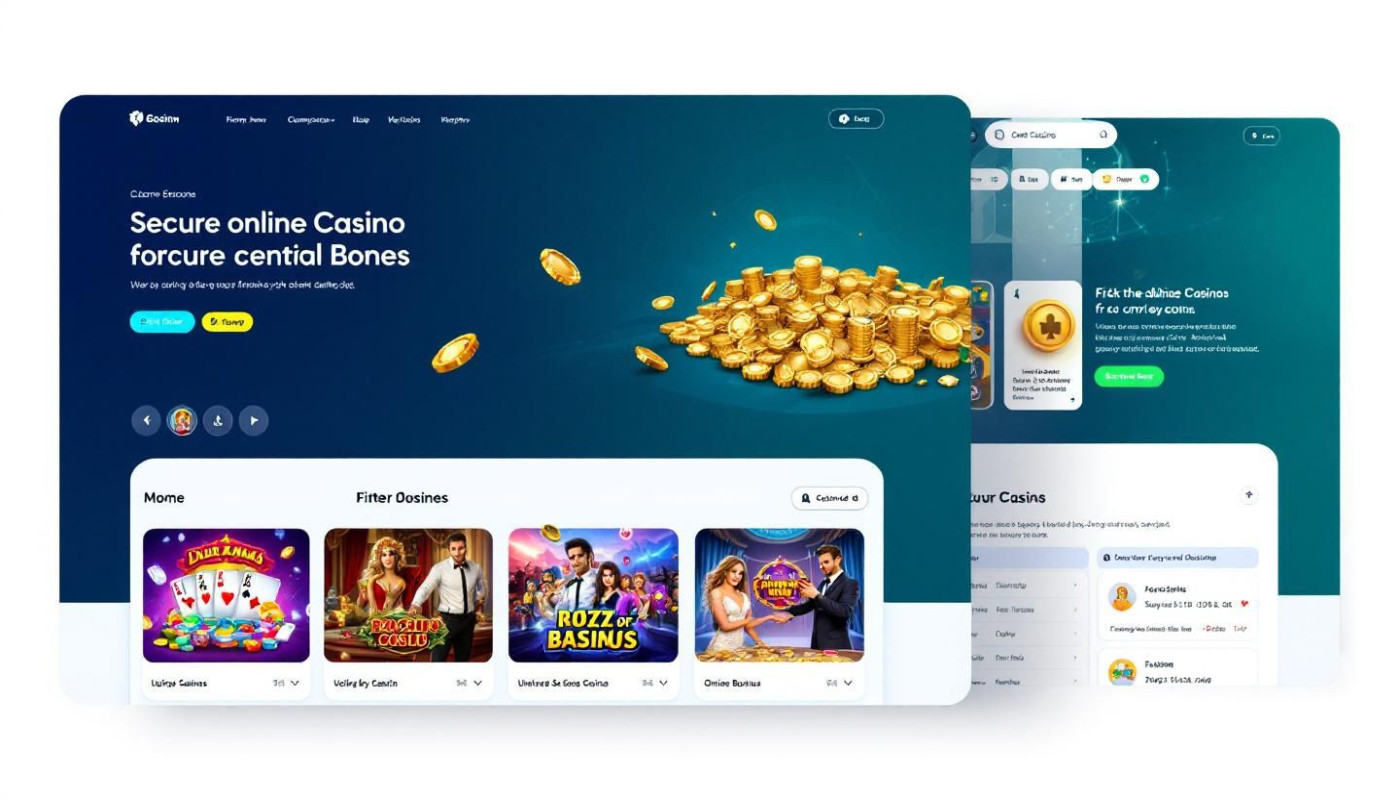Table of contents
The digital age has ushered in a new era for sports leagues, revolutionizing how they connect with fans, manage operations, and even how the games themselves are played. From harnessing data analytics to engage audiences to streaming games live over the internet, the landscape of sports has been transformed by technology. This transformation merits exploration, and for enthusiasts and professionals alike, understanding these changes is key to appreciating the future trajectory of sports. Continue reading to unravel how digital platforms are redefining the operations of sports leagues and their far-reaching implications.
The Impact of Digital Media on Fan Engagement
With the advent of digital platforms, the landscape of fan engagement in sports leagues has undergone a substantial transformation. These innovative channels have not only broadened the reach of sports content but have also provided dynamic ways for fans to interact with their favorite teams and athletes. One of the significant advancements includes the rise of sports streaming services, which offer supporters the convenience of watching games live or on-demand, irrespective of their location. As a result, followers can stay connected and engage with sports events in an unprecedented manner.
Moreover, the integration of fantasy leagues into these platforms has added a layer of personal investment for fans, as they can now build and manage their own teams, fostering a deeper connection with the sport. Social media interaction further amplifies this engagement, creating communities where fans can share their passion, discuss strategies, and celebrate victories. Through these channels, they have a direct line to express their opinions and become part of the broader sports conversation.
The utilization of real-time statistics has been another game-changer, equipping fans with an array of data at their fingertips. This access to in-depth analytics enriches the viewing experience, offering insights that were once exclusive to professional commentators and analysts. Sports leagues have taken note of these shifting preferences and continue to invest in the development of platforms that can deliver these engagement metrics, thus ensuring a more informed and interactive fan base. The strategic deployment of these digital tools has not only enhanced the fan experience but also created new avenues for revenue and growth within the sports industry.
Monetization Strategies in the Digital Realm
In the transformative landscape of sports entertainment, leagues are continually adapting to maximize profitability through innovative methods. A pivotal development has been the establishment of exclusive streaming rights. This approach allows leagues to deliver live games and premium content directly to a global audience, with the potential to drastically increase revenue streams. Digital advertising has also become a mainstay, where targeted ads reach viewers on various platforms, ensuring that marketing efforts resonate more effectively with fans. Moreover, sports sponsorship deals have evolved, with brands keen to integrate with digital content to tap into the engaged and loyal sports fan base. The challenge presented by these lucrative opportunities is in striking a delicate equilibrium between monetizing content through mechanisms like the paywall, which restricts access to subscription-based users, and offering free content to maintain broad appeal and viewership. As a Chief Revenue Officer, it is imperative to navigate this complex digital terrain skillfully, ensuring that the financial health of the league is bolstered while respecting the diverse needs and preferences of its fan base.
Enhancing the Game with Technology
Digital platforms have revolutionized the way sports leagues manage and improve the game by leveraging advanced analytics, player tracking, and performance analysis. These technological advancements provide a wealth of data that coaches and players use to refine game strategies and enhance training regimens. Through detailed advanced analytics, teams can dissect every aspect of the game, identifying patterns and trends that were once invisible to the naked eye. Player tracking systems capture real-time data on athletes' movements, offering insights into their physical condition and enabling a more individualized approach to conditioning and injury prevention.
Moreover, performance analysis tools have become integral in assessing both team and individual performances. Coaches can now make informed decisions based on comprehensive reports that evaluate players' tactical, physical, and technical attributes. This level of detail extends to biomechanical analysis, where the intricate movements of athletes are scrutinized to optimize technique and prevent injuries. The incorporation of sports technology into daily practices ensures that strategies are not only based on theoretical knowledge but also grounded in empirical evidence, leading to more effective and dynamic game plans.
Amidst these technological advancements, sports organizations have also had to adapt to the logistical aspects of the digital age. For instance, managing the online presence and digital interfaces for fan engagement, such as through platforms like Matchbook's mirror links, which provide alternate access to sports betting and fan interaction, is becoming increasingly relevant. These digital solutions ensure that leagues can maintain connectivity with their audience, regardless of any network disruptions, thereby enhancing the overall sports experience.
Operational Efficiencies through Digital Tools
As part of an ongoing transformation, sports leagues are increasingly turning to digital tools to achieve operational efficiencies. Implementing scheduling technology has been a game-changer, enabling leagues to meticulously plan seasons, avoid scheduling conflicts, and maximize venue usage. Digital ticketing has revolutionized the way fans purchase and use tickets, simplifying access control and reducing the potential for fraud. This shift not only provides convenience for supporters but also generates valuable data that can be analyzed to optimize ticket sales strategies and marketing efforts.
From an event management perspective, digital platforms provide a centralized hub for coordination, allowing for seamless collaboration between teams, venues, and suppliers. Enhancements in fan experience are particularly notable, with leagues utilizing apps and social media to engage fans directly and personalize their interactions. This use of Customer Relationship Management (CRM) systems ensures that fans feel valued and have a more tailored and responsive dialogue with their favorite teams and leagues.
Overall, these digital advancements have led to a more agile and responsive operation within sports leagues. By embracing innovative technologies, league administrators and the Chief Operating Officer can now oversee a more efficient, fan-focused, and profitable sports enterprise.
Future Trends and Innovations
The landscape of sports is on the cusp of a transformative era driven by the proliferation of digital trends. One of the most dynamic sectors poised for growth is e-sports, where the confluence of gaming and competitive sportsmanship is creating new opportunities for engagement and revenue. As virtual reality (VR) technology continues to evolve, we can anticipate a surge in immersive fan experiences. Spectators will not merely watch games but will be able to step into a virtual stadium and feel the adrenalin of the crowd, enhancing their emotional connection to the sport.
Moreover, the integration of wearable technology is set to revolutionize training and performance analytics. Athletes equipped with smart garments and devices will be able to measure biometric data in real-time, leading to unprecedented insights into performance optimization. In the realm of sports innovation, we expect augmented reality (AR) to play a significant role in enriching both audience experience and athlete training, offering layered visualizations and interactive learning environments.
These technological advancements will necessitate leagues to re-think their operational frameworks. The capacity to collect and analyze vast amounts of data through digital platforms will enable more targeted marketing, fan engagement strategies, and personalized content delivery. As we look towards the future, it's clear that the synergy between digital trends and sports innovation will continue to deepen, fundamentally altering how we consume and participate in sports.
Similar

How To Choose A Secure Online Casino And Betting Platform?

Maximizing Wins In Virtual Casino Slots: Strategic Tips

How Modern Technology Ensures Secure Online Casino Experiences?

Exploring The Latest Trends In Sustainable Fashion For A Stylish Future

Exploring The Thrills Of A Road Crossing Casino Game With Million Dollar Prizes

The Evolution Of Arcade Games Into Online Gambling Platforms

Understanding Online Casino Payment And Withdrawal Methods

Exploring The Nuances Of Traditional Japanese Crafts Online

Understanding The Rules And Gameplay Of Chicken-themed Gambling Games

Exploring The Rise Of Online Slots Popularity In Recent Years

Exploring The Benefits Of Integrated Music Platforms For Artists And Fans

Exploring Game Diversity In Online Casinos

Step-by-step Guide To Registering For Online Casino Platforms

Understanding The Rules For Playing Online Slot Games

A Comprehensive Guide To Daily Promotions In Online Gaming

Exploring The Evolution Of Online Casino Gaming In 2024

Strategies To Maximize Winnings In Chicken-themed Slot Games

The Evolution Of Bicycle Design Through History

Exploring Alternative Payment Options In Online Gambling: A Focus On Jeton

Understanding Factors That Influence Auto Insurance Rates In San Francisco

Strategies For Maximizing The Benefits Of Welcome Bonuses At Online Casinos

Probing the Dark Underworld of Illegal Gambling

Craps: The Underestimated Casino Game

Overcoming the House Edge: A Professional Gambler's Guide

Winning Big: Unforgettable Stories from the Casino

Demystifying the 'Luck' Factor in Gambling

Unconventional Strategies for Winning at Roulette

Unveiling the Mystery of Online Casino Algorithms

